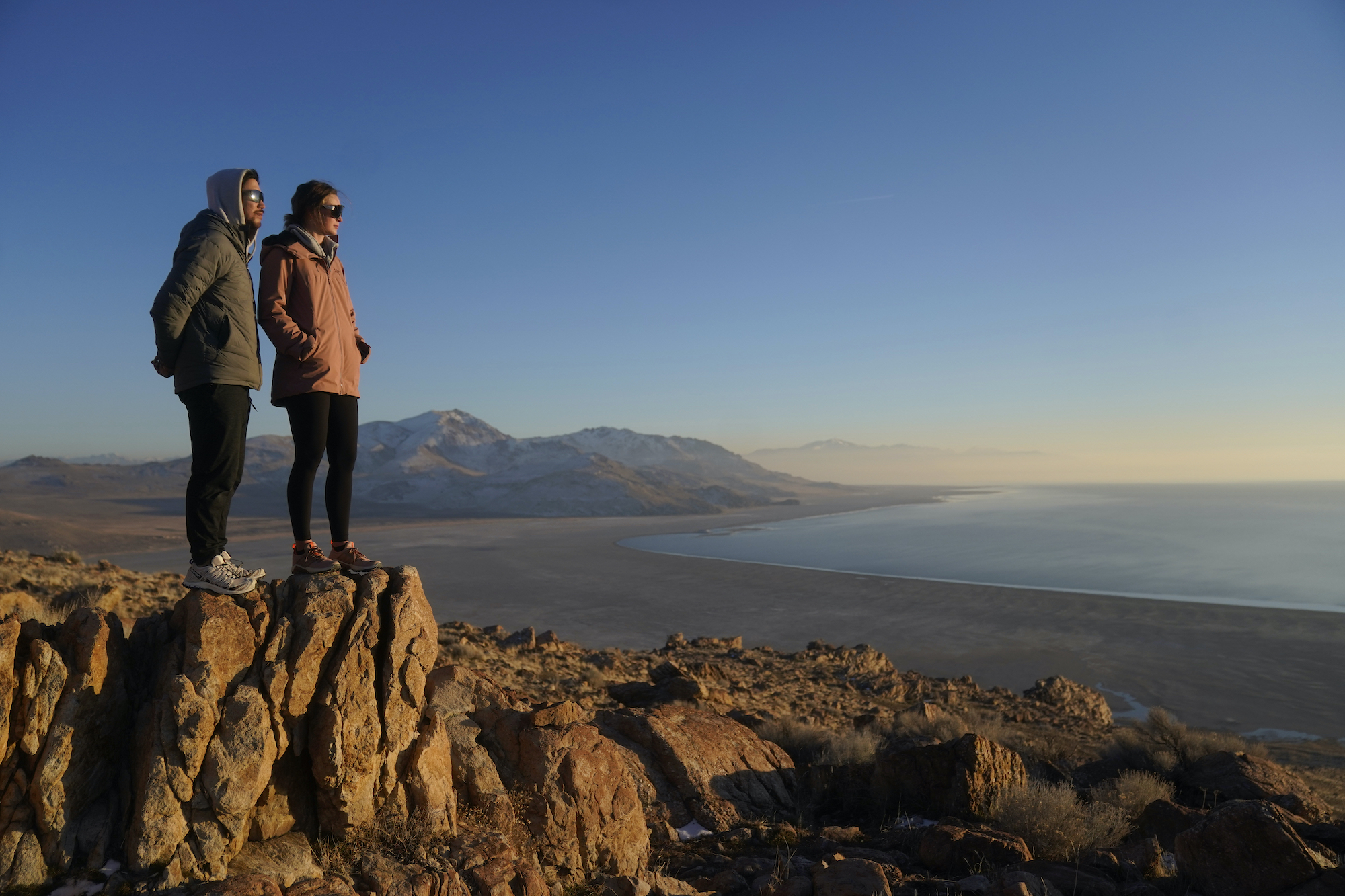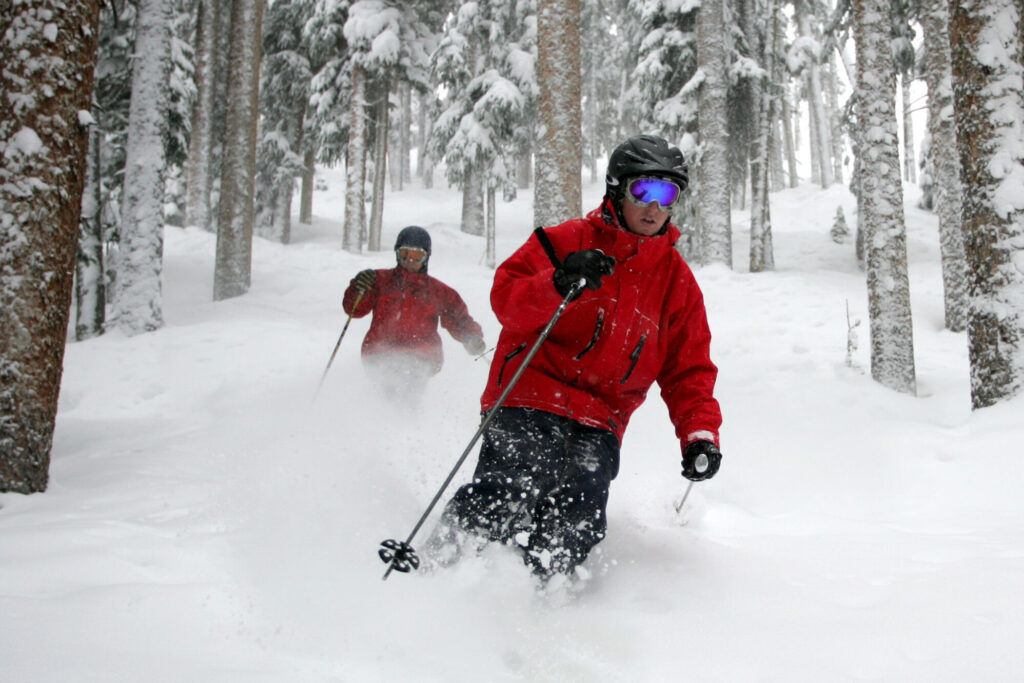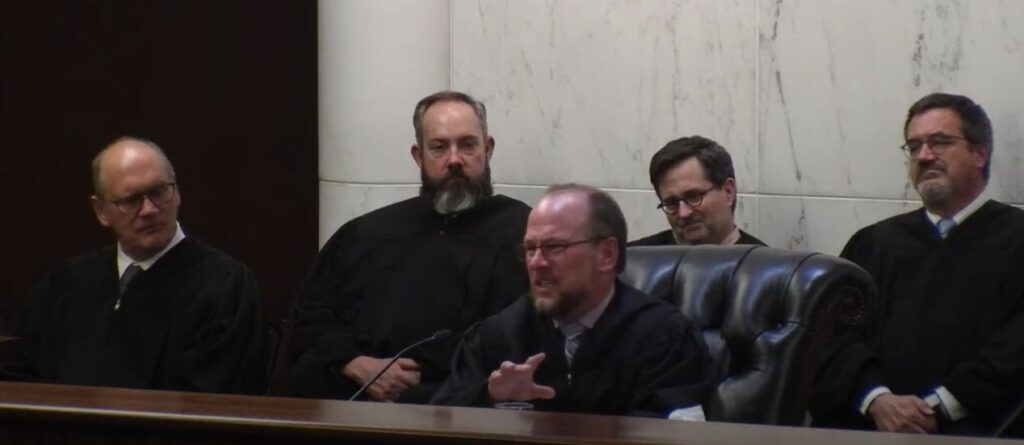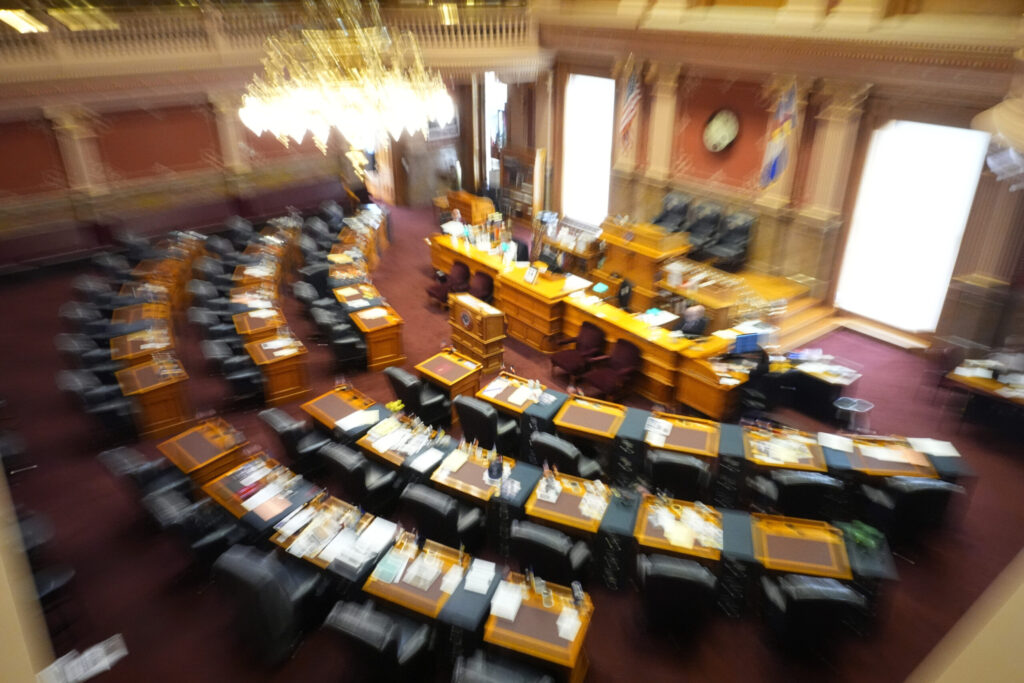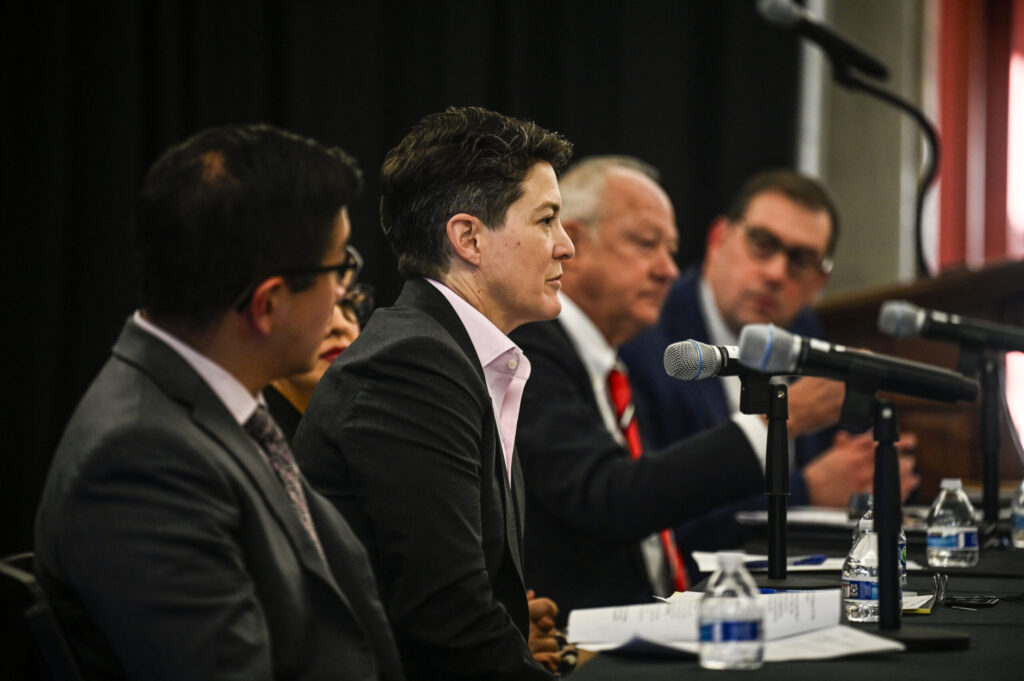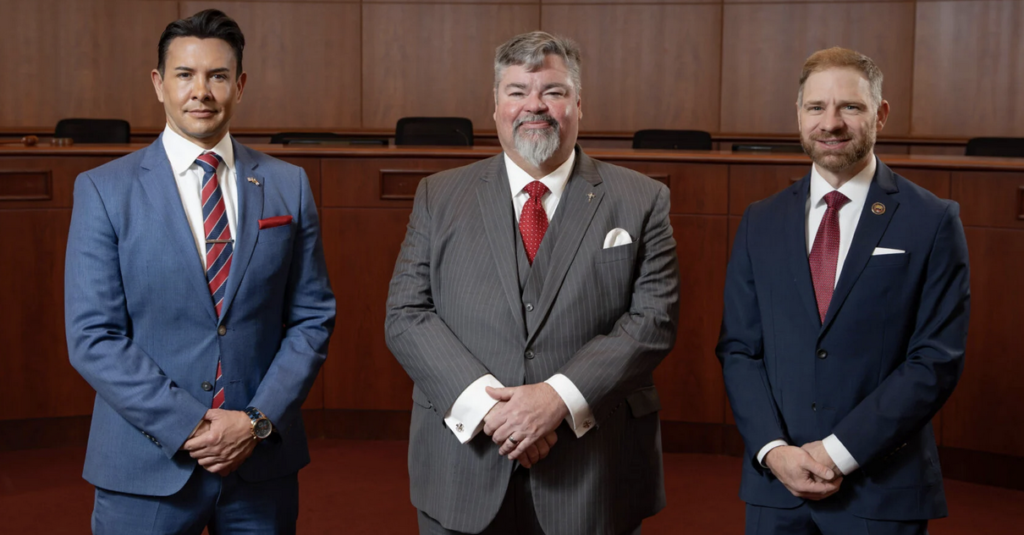OUT WEST ROUNDUP | Utah weighs measures to save Great Salt Lake
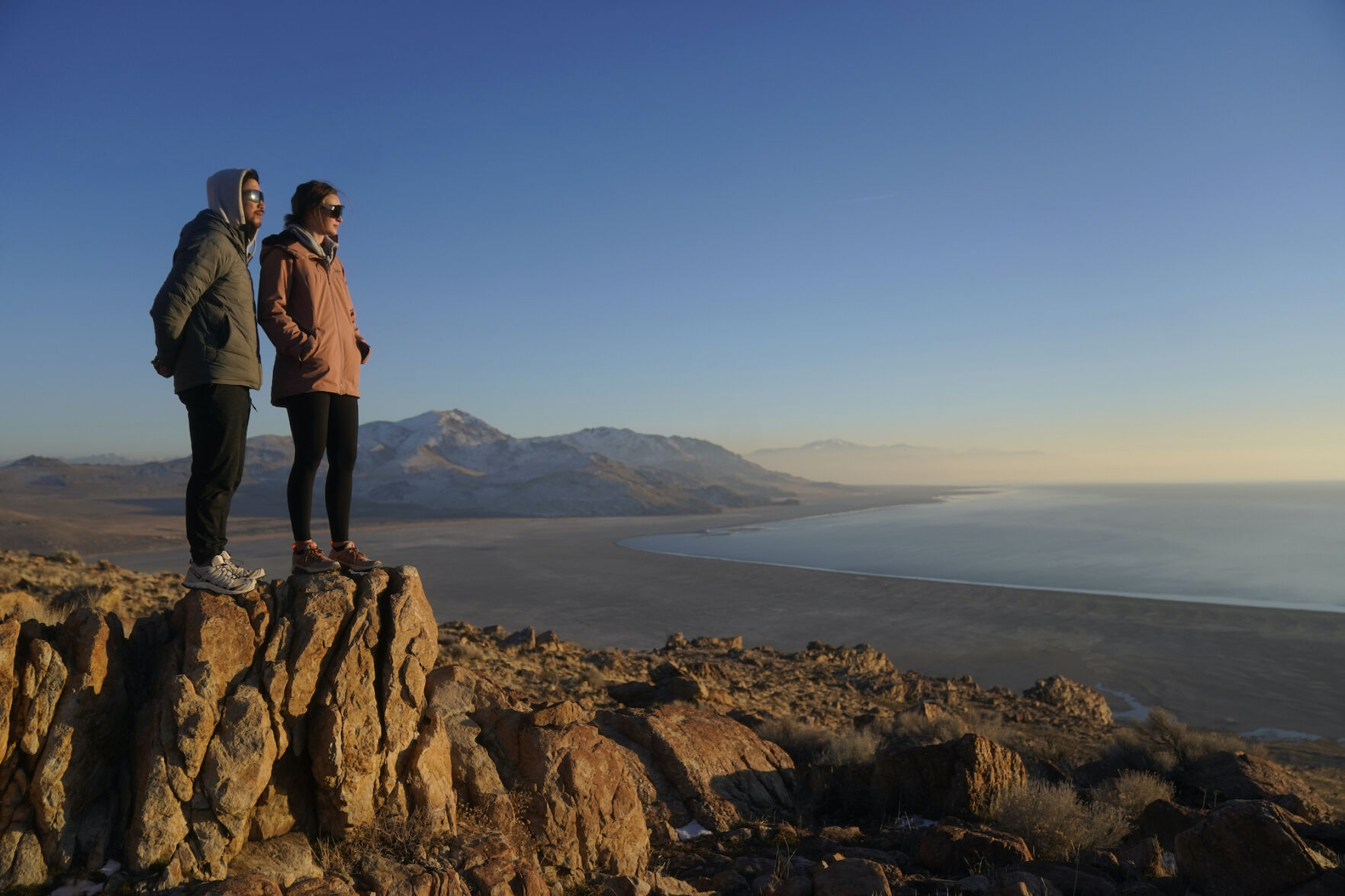
UTAH
Race is on to save the Great Salt Lake
SALT LAKE CITY – The largest natural lake west of the Mississippi is shrinking past its lowest levels in recorded history, raising fears about toxic dust, ecological collapse and economic consequences. But the Great Salt Lake may have some new allies: conservative Republican lawmakers.
The new burst of energy from Utah’s GOP-dominated state government comes after lake levels recently hit a low point during a regional megadrought worsened by climate change. Water has been diverted away from the lake for years, though, to supply homes and crops in Utah. The nation’s fastest-growing state is also one of the driest, with some of the highest domestic water use.
This year could see big investment in the lake that’s long been an afterthought, with Gov. Spencer Cox proposing spending $46 million and the powerful House speaker throwing his weight behind the issue. But some worry that the ideas advancing so far at the state legislature don’t go far enough to halt the slow-motion ecological disaster.
One proposal would tackle water use in homes and businesses, by measuring outdoor water that’s considered some of the country’s cheapest. Another would pay farmers for sharing their water downstream, and a third would direct money from mineral-extraction royalties to benefit the lake.
The shrinking of the lake poses serious risks to millions of migrating birds and a lake-based economy that’s worth an estimated $1.3 billion in mineral extraction, brine shrimp and recreation. Health risks exist too: The massive dry lakebed could send arsenic-laced dust into the air that millions breathe.
Last year the lake matched a 170-year record low and kept dropping, hitting a new low of 4,190.2 feet in October.
The state grew by 18.4% over the past decade, to nearly 3.28 million people.
About 65% of the water on the Great Salt Lake watershed goes to agriculture.
WYOMING
Liz Cheney raises record funds in US House race
CHEYENNE – The Donald Trump-backed opponent of Liz Cheney finished 2021 with what in any previous year would have been a major fundraising haul for Wyoming but amounted to a small fraction of the over $2 million raised by Cheney for her best quarter yet.
Cheyenne attorney Harriet Hageman raised $443,000 over the last three months of the year, similar to what Cheney raised in her last full quarter before winning a third term in 2020.
Cheney, though, has been setting multiple personal fundraising records despite a GOP backlash for voting to impeach Trump for the Jan. 6, 2021, insurrection at the U.S. Capitol, and for not relenting in her public criticism of Trump.
Her $2.04 million raised in the fourth quarter of 2021 topped her previous record of $1.9 million in the year’s second quarter, according to year-end Federal Election Commission filings due Jan. 31.
The Republican National Committee on Feb. 4 formally censured Cheney and fellow Republican U.S. Rep. Adam Kinzinger of Illinois, the only GOP members of the House Jan. 6 committee.
Trump’s endorsement of Hageman soon after she entered the race last year caused some but not all in a crowded field of Republicans who lined up to oppose Cheney to drop out.
Cheney’s $7.2 million raised this cycle ranks sixth among U.S. House candidates, according to the FEC.
After spending about $1 million last quarter, Cheney finished the year with $4.7 million. Hageman spent about $307,000 over the quarter and had $381,000 left.
No Democrats have announced they’re running against Cheney. Wyoming hasn’t elected a Democrat to its House seat since 1976.
NEW MEXICO
Lawmakers propose school cybersecurity fund
SANTA FE – Lawmakers in New Mexico are considering major investments in cybersecurity, following two serious cyberattacks against school districts in the state just last month, and increased vulnerability of information technology in K-12 schools nationally.
On Feb. 7, the House Education Committee unanimously advanced a bill that would allocate $45 million to hire cybersecurity experts for the state and a grant program for school districts to bolster their cyber defenses. It will be considered by another House committee.
New Mexico lags behind other states in establishing cybersecurity protocols and training in state agencies as well as in schools, according to Legislative analysts.
Last month, ransomware attacks shut down access to student attendance and grade databases in Albuquerque and Truth or Consequences. A similar cyberattack in Las Cruces in 2019 shut down all access to computers in the district for months.
The proposed bill would mandate the creation of a cybersecurity office for schools inside the state Public Education Department, while also adding positions at the Department of Information Technology.
Indigneous language speakers could get teacher pay
SANTA FE – The New Mexico Legislature advanced a bill on Feb. 2 that would increase the minimum salaries of some fluent Indigenous language speakers who teach the languages to children in schools but are not state certified teachers.
The instructors who speak Navajo, Zuni, Keres and other Native American languages work for school systems at non-teaching jobs for which they are paid much less than teachers despite the work that they do teaching languages to students.
About 100 people in New Mexico have Indigenous language certificates approved by their tribes and administered by state education officials. The bill would provide state funding to cover those certificate holders with minimum salary protections of middle-tier licensed teachers.
The measure could double or triple instructor salaries from the local minimum wage to a teacher salary that currently stands at $50,000, but is expected to be raised to $60,000 by the legislature this year.
The bill’s supporters said the salary increase is essential for fairness, will boost the number of Native American instructors in the classroom and preserve language and culture.
MONTANA
Coal mine fined $1M for safety violations
BILLINGS – A central Montana coal mine must pay a $1 million fine for violating environmental and employee safety regulations by failing to report worker injuries and improperly disposing of mine waste, the U.S. Attorney’s Office for Montana said.
Signal Peak Energy, through a representative, pleaded guilty last October to four counts of willful violation of health and safety standards at its underground coal mine near Roundup.
The fine was included in the plea agreement and the mine was also placed on three years of probation during the Jan. 31 sentencing before U.S. District Judge Timothy J. Cavan in Billings.
Federal prosecutors said in 2013 and 2015, managers of the mine improperly disposed of mine waste called slurry by pumping it into abandoned sections of the mine. And twice in 2018, mine managers tried to cover up injuries that occurred at the mine by encouraging employees to report they had been hurt at home, the prosecutors said.
Mines are required to report employee injuries to the federal Mine Safety and Health Administration.
At the time the plea agreement was reached, the company said a small group of Signal Peak employees had broken the law without the company’s knowledge and that the employees involved no longer worked for the mine.
The company’s vice president of underground operations gave $2,000 in cash to an employee whose finger was crushed at work and had to be amputated, prosecutors said. A miner who suffered a severe laceration on his head caused by falling rock had the days he was unable to work charged against his vacation time, court records said.
